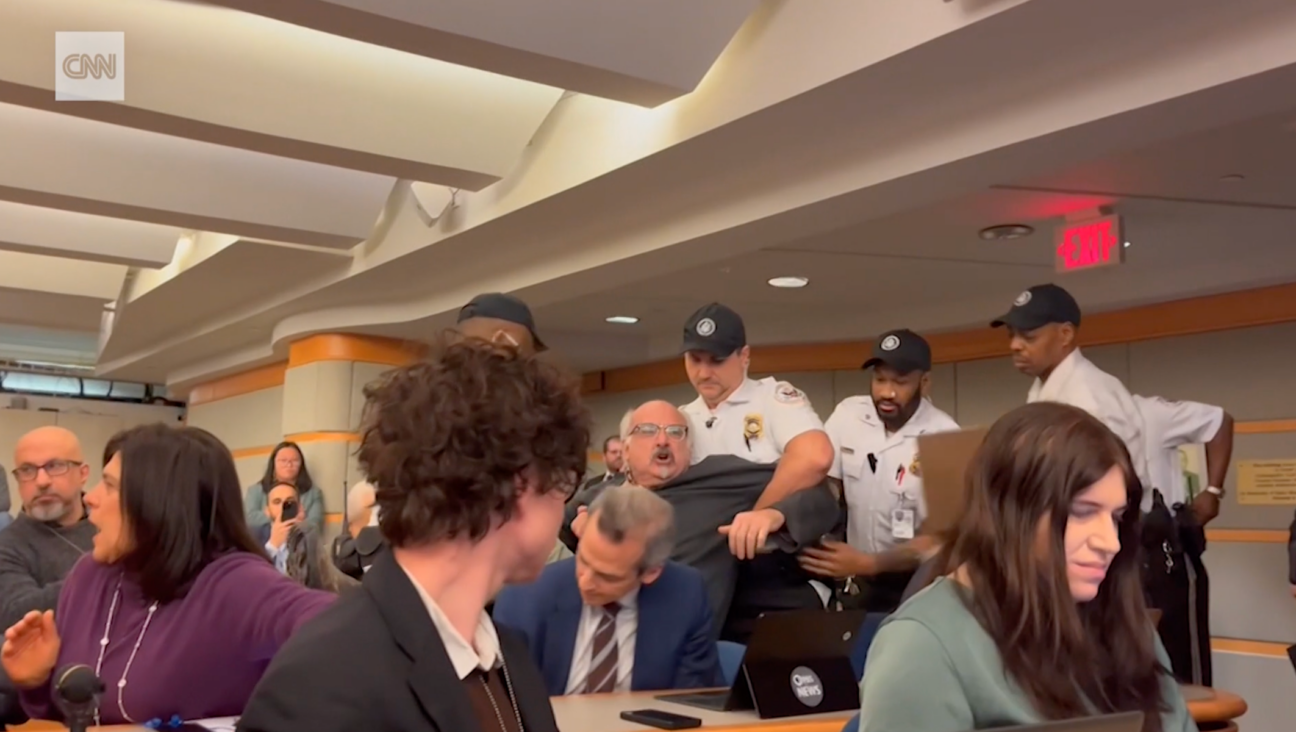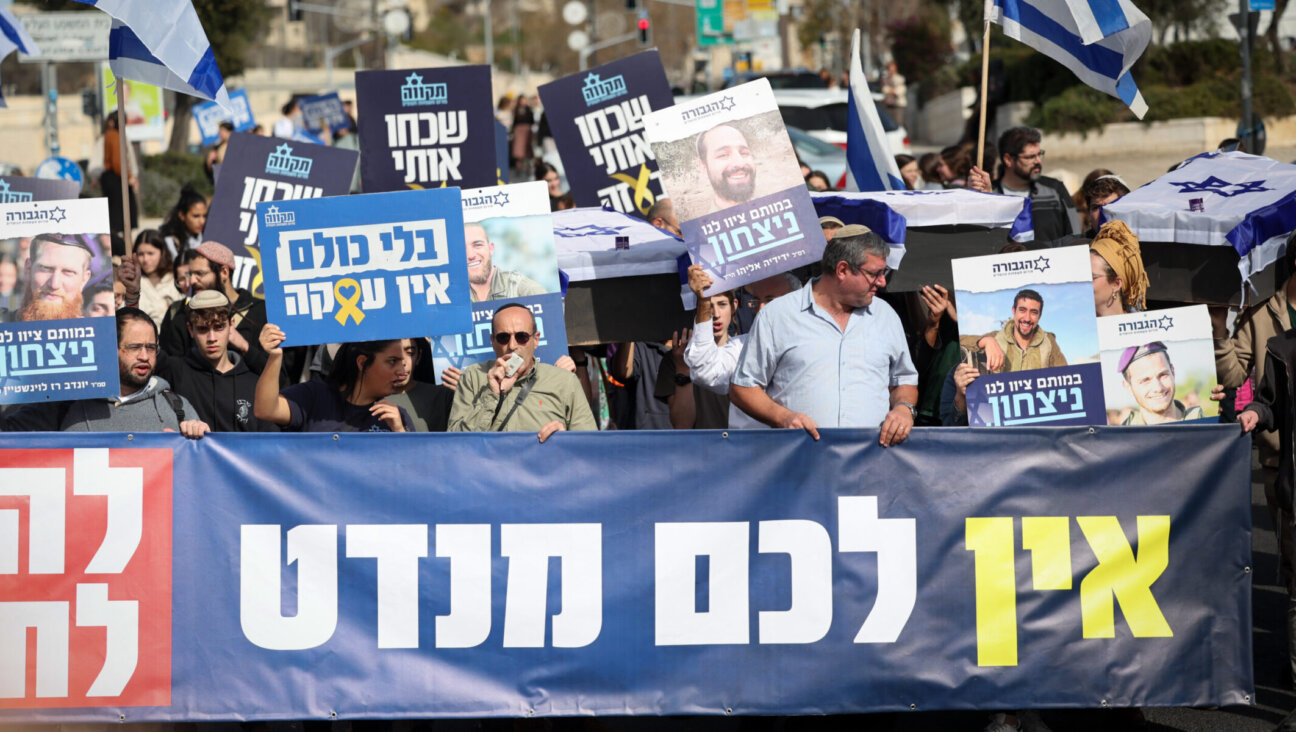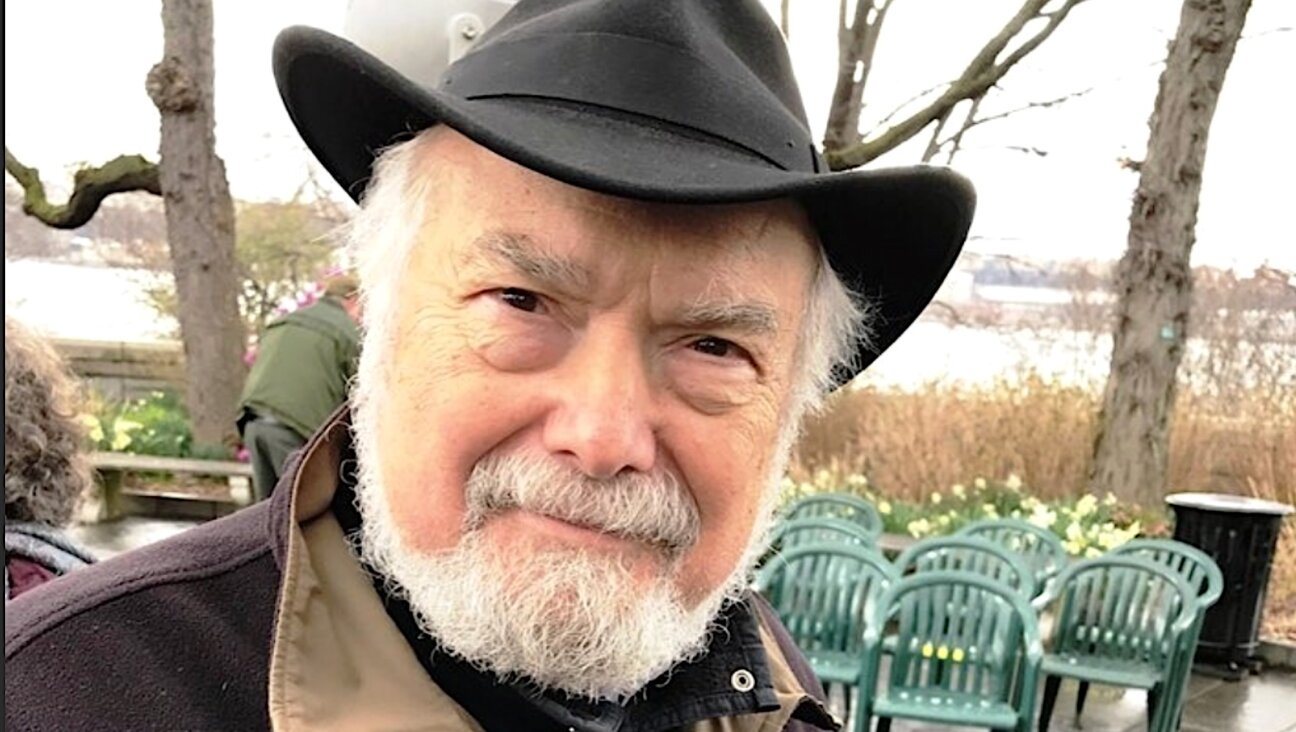Hebron Becomes Focus of Conflict as Israel Backs Jewish Settlers

Peace Threat: Extremist Jewish settlers move into the Palestinian city of Hebron. Image by getty images
Israel shut down the main radio station in Hebron on Tuesday and turned part of the city in the occupied West Bank into a closed military zone, with troops clamping down on a district that has become the focal point of violent unrest.
The city, 30 km (20 miles) south of Jerusalem, is the largest in the West Bank, with a Palestinian population of 200,000, among whom live 1,000 Jewish settlers under close military protection, leaving Hebron split into two zones.
At a heavily fortified checkpoint controlling entry into the sector where many of the Jews live, soldiers kept their fingers near their triggers, closely vetting Palestinians, including school children with backpacks, turning some back.
The checkpoint – a mass of high steel fencing, one-way turnstile gates and a reinforced lookout tower – has been the site of demonstrations in recent days, with Palestinians throwing stones, tossing fire bombs and burning tires.
Nearby, merchants were selling eggplants, bananas and other fruits and vegetables, prepared to roll their wooden stands away quickly at the first sign of a disturbance.
The anger, due partly to tensions over the Aqsa mosque compound in Jerusalem and partly to a sense that peaceful efforts to end to Israel’s occupation have gone nowhere, has fueled violence across Israel, East Jerusalem and the West Bank since late September, with the focus now on Hebron.
In that time, 11 Israelis have been killed in stabbings, shootings or other attacks. At least 67 Palestinians have been shot dead by Israeli forces, including 40 who Israel says were armed with knives or other implements. Many were teenagers.
Of the Palestinians killed, 25 were from Hebron, including several shot dead near the checkpoint. Soldiers at the post have frequently been the target of knife attacks.
“No stabbings or stone-throwing today,” said one of the soldiers with a hint of relief, before adding: “Yet.”
When the violence started, most of the attacks were carried out by what Israel described as “lone wolves,” with no sign of coordination by Palestinian political factions, as had been the case with uprisings in the past.
More recently, however, that has changed, at least when it comes to the stone-throwing demonstrations across the West Bank, with political factions busing in participants from local universities. That has been the case in Hebron, where the Islamist group Hamas has traditionally been strong.
Local people said the radio station shut down by Israel had carried messages encouraging people to demonstrate, but added that this was normal and described the station as “liberal.” “It plays lots of music; it’s everyone’s favorite,” said one.
The Israeli military said the station “glorifies attacks against Israelis.”
DIVIDED CITY
Hebron has long been a source of tension between Jews and Muslims, with a holy site in the center divided between the faiths: one half is known to Jews as the Cave of the Patriarchs, where Abraham, Isaac and Jacob, and their wives, are believed to be buried. Muslims call the shrine the Sanctuary of Abraham, where the Ibrahimi mosque stands.
The religious heritage of the city has made it a focal point for settlers, who are determined to expand the Jewish presence. Since they are in the heart of the city, they require intense security, with around 800 Israeli troops protecting them.
Yaakov Sultan, a 21-year-old Israeli who was born in the settlement, said he would never leave. He has a job delivering fast food around the tiny, locked-down community. Palestinians throw stones at him, he says, but it doesn’t deter him.
“We Jews will always be here, we’re never leaving,” he said.
On the other side of the checkpoint, where sharp stones and broken glass are thick on the ground and graffiti on the walls reads “Boycott Israel” and “Zionism = Racism,” Issa Amro, a Palestinian human rights activist, is not convinced that the settlers will be around forever.
They are a fanatical fringe, he says, with many of them involved in violence against Palestinians. While they have support for now, he believes it will run out eventually.
“They can’t keep the occupation without apartheid and you can see it is apartheid,” he said, nodding towards the checkpoint. “You can’t maintain that, especially in a world of social media where everything you do is recorded.
“In four or five years, the settlers will be gone.”
A message from our Publisher & CEO Rachel Fishman Feddersen

I hope you appreciated this article. Before you go, I’d like to ask you to please support the Forward’s award-winning, nonprofit journalism so that we can be prepared for whatever news 2025 brings.
At a time when other newsrooms are closing or cutting back, the Forward has removed its paywall and invested additional resources to report on the ground from Israel and around the U.S. on the impact of the war, rising antisemitism and polarized discourse.
Readers like you make it all possible. Support our work by becoming a Forward Member and connect with our journalism and your community.
— Rachel Fishman Feddersen, Publisher and CEO




















